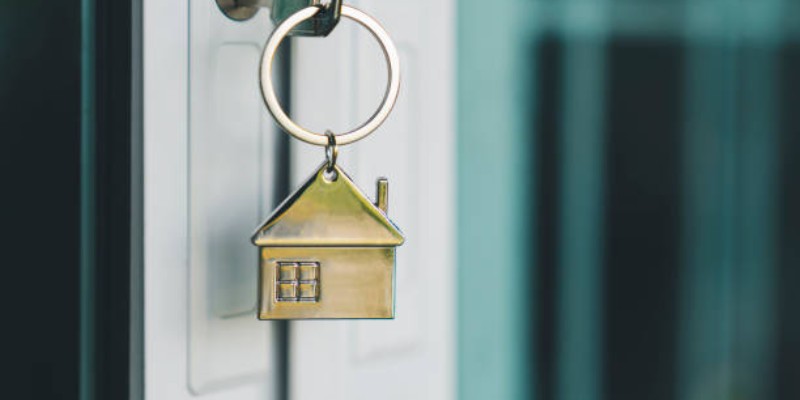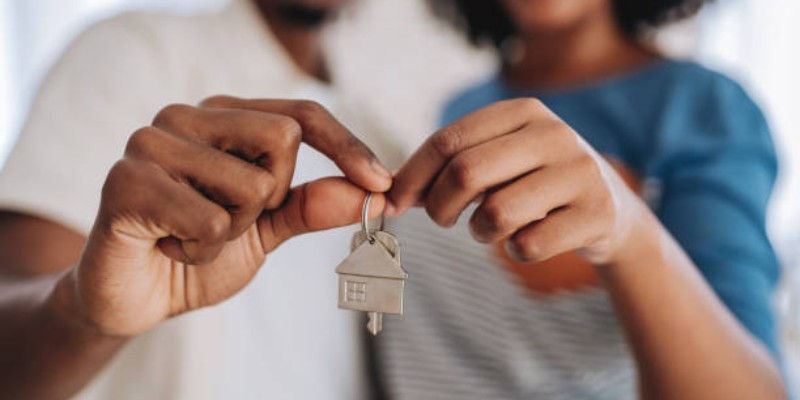Hidden Costs of Buying a Home (Beyond the Down Payment)
Buying your first home feels like a huge milestone. You’ve saved for the down payment, imagined decorating rooms, and maybe even picked out a mailbox. But here’s the truth no one tells you: the down payment is just the beginning. There are so many hidden costs that sneak up on first-time buyers. I learned this the hard way when I bought my first house last year. Let me walk you through the expenses I didn’t see coming—and how you can prepare for them.
1. Closing Costs: The Final Bill You Can’t Ignore
When you buy a home, you’ll pay a pile of fees on closing day. These are called closing costs, and they cover things like lender fees, title insurance, and escrow charges. I thought my down payment was the last big check I’d write, but closing costs added thousands more. On average, they’re 2% to 5% of the home’s price. For a $300,000 house, that’s $6,000 to $15,000. Ouch.

These costs include things like:
Title insurance: Protects you if someone claims ownership of your property later.
Appraisal fees: The bank needs to confirm your home’s value.
Legal fees: A lawyer or title company handles paperwork.
I remember feeling overwhelmed by the list. My advice? Ask your lender for a detailed breakdown early so you’re not shocked at the finish line.
2. Mortgage Payments: More Than Just the Loan
Your mortgage isn’t just about paying back the loan. Each monthly payment includes principal (the loan amount) and interest (what the bank charges). But there’s more. Many mortgages bundle property taxes and homeowners insurance into your payment, too. This is called an escrow account.
For example, my $1,500 mortgage payment breaks down like this:
$1,000 for principal and interest.
$300 for property taxes.
$200 for insurance.
If your taxes or insurance costs rise, your payment does too. Always check how these extras factor into your budget.
3. Property Taxes: A Never-Ending Bill
Property taxes are paid yearly or split into monthly installments. They fund schools, roads, and local services. But rates vary wildly. In my area, taxes are 1.5% of my home’s value—adding $4,500 a year for a $300,000 house. Some states or towns charge much more.
What’s tricky? Taxes can jump if your home’s value increases or local budgets change. Always ask about tax history when house hunting.
4. Homeowners Insurance: Protecting Your Investment
Renters might skip renters’ insurance, but homeowners need coverage. It protects against disasters like fires, storms, or theft. My policy costs $1,200 a year, but prices depend on your home’s location, age, and risks (like flood zones).
If your home has a pool or trampoline, expect higher rates. And if you skip insurance, your lender might buy a costly policy for you—then bill you.

5. HOA Fees: The Secret Club You Might Join
If your home is part of a community with shared amenities (pools, gyms, parks), you’ll pay HOA fees. These can range from $100 to $1,000+ monthly. I toured a condo complex with a $400 HOA fee covering landscaping and a fitness center.
But HOAs come with rules, too. Want to paint your door neon green? The HOA might say no. Always read the fine print before buying.
6. Home Inspections: Don’t Skip This Step
A home inspection costs $300–$500, but it’s worth every penny. Inspectors check for issues like mold, plumbing leaks, or foundation cracks. When I bought my house, the inspection revealed a faulty roof. The seller paid for repairs—saving me thousands.
Without an inspection, you might inherit problems that cost way more than the inspection fee.
7. Legal Fees: The Paperwork Price Tag
Buying a home involves heaps of legal paperwork. Lawyers or title companies handle contracts, deeds, and closing documents. Fees start around $500 but rise if your deal is complicated.
I hired a lawyer to explain terms I didn’t understand. It felt pricey, but it kept me from signing something risky.
8. Land Transfer Tax: A Welcome-to-the-Neighborhood Fee
Some places charge a land transfer tax when you buy a property. It’s a percentage of the home’s price. In my city, the tax was 1.5% of $300,000—another $4,500. First-time buyers sometimes get discounts, so research local rules.
9. Moving Expenses: The Cost of Starting Fresh
Moving trucks, boxes, and pizza for friends who help add up fast. My move cost $2,000 for a 10-mile trip. If you’re moving far or need professional help, budget even more.
10. Utilities and Maintenance: Keeping the Lights On
Once you own a home, you pay for water, electricity, gas, and trash pickup. My monthly utilities average $300. Then there’s maintenance: mowing the lawn, fixing appliances, or unclogging drains. Experts say to save 1%–4% of your home’s value yearly for repairs. For my $300,000 house, that’s $3,000–$12,000 annually.

11. Renovations: The Dream vs. Reality
That Pinterest-perfect kitchen? It’ll cost you. Even small updates—painting walls, replacing fixtures—add up. I spent $5,000 on new flooring after realizing the old carpet was stained. Set aside a renovation fund before moving in.
12. Land Survey and Title Search: Hidden Line Items
A land survey ($400–$700) confirms your property lines. A title search ($200–$400) checks for ownership disputes. These are easy to overlook but essential for avoiding legal headaches.
Planning Ahead: How to Avoid Financial Surprises
After my homebuying journey, here’s what I’d do differently:
Save 5%–10% extra on top of your down payment for hidden costs.
Ask questions about every fee. Some charges can be negotiated or waived.
Budget for emergencies. A leaking roof or broken furnace won’t wait for payday.
Buying a home is exciting, but it’s also a financial marathon. By planning for these hidden costs, you’ll avoid stress and enjoy your new space without money worries.